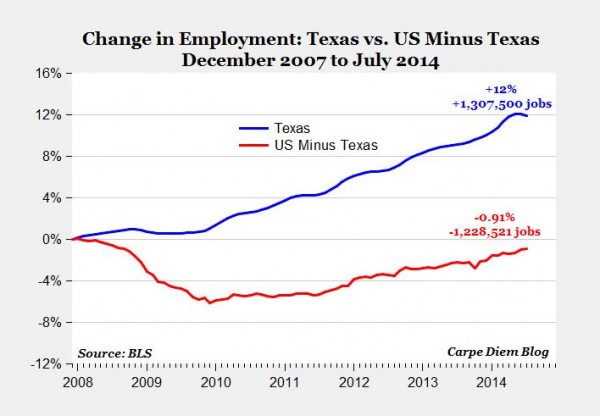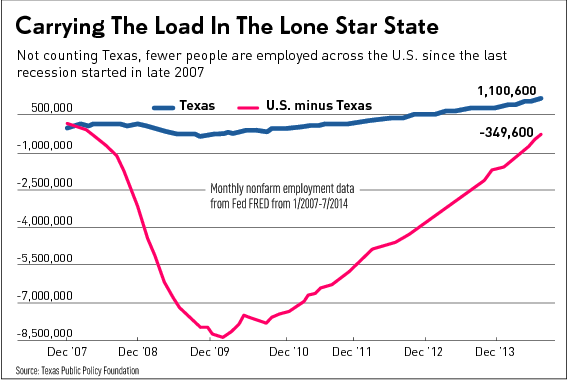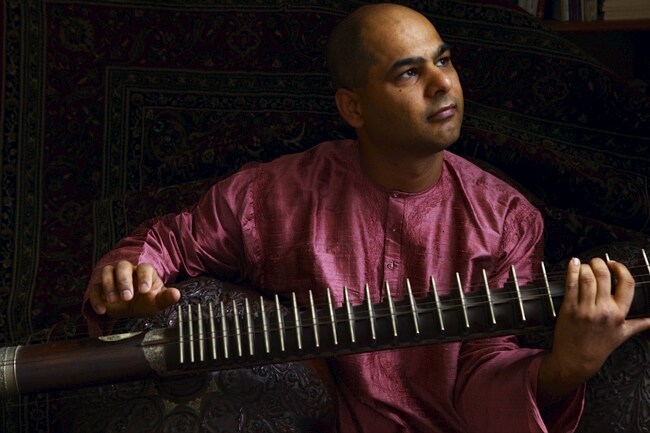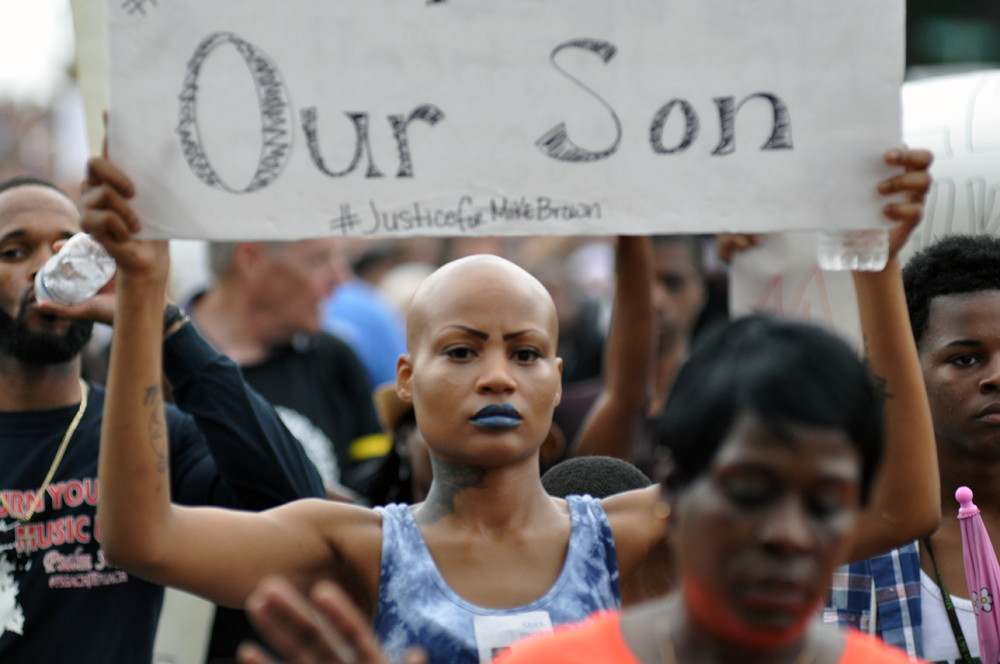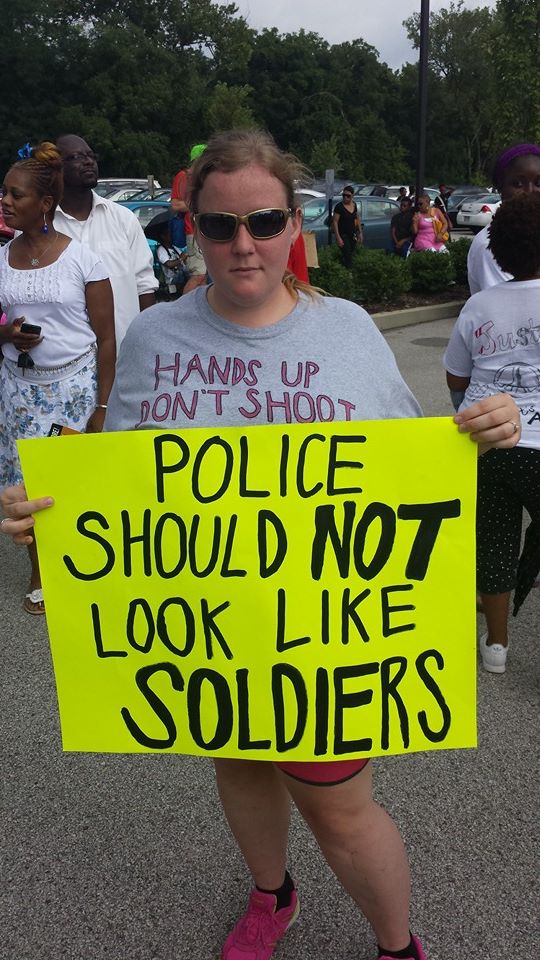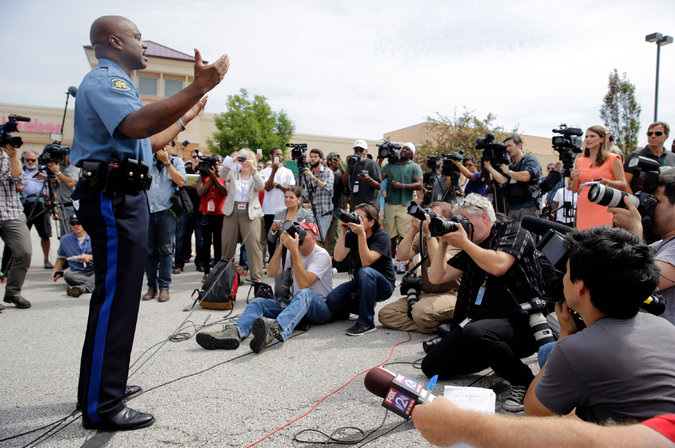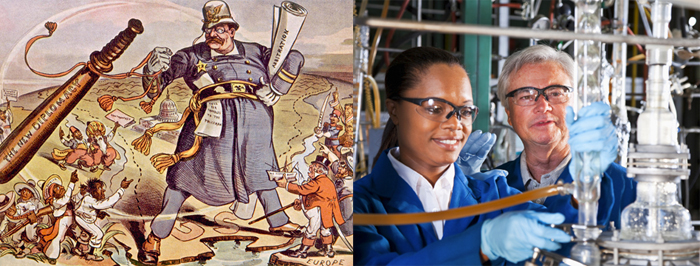Myth: Rape is caused by lust or uncontrollable sexual urges and the need for sexual gratification.
Fact: Rape is an act of physical violence and domination that is not motivated by sexual gratification.
(Counseling Center at Roger Williams University)
The idea that rape is about power, and not about sex, is one of those facts that everyone knows. Sort of like everyone knows that humans only use 10% of their brain capacity. In other words: it’s totally and completely wrong but people keep saying it anyway.
The urban legend about folks using only 10% of their brain may be annoying[ref]And it might lead to Scarlett Johansen starring in a really bad movie.[/ref], but as a general rule it doesn’t get anyone hurt. Misdiagnosing the cause of rape can lead to bad policies, confusion, and more rape, however. It’s not just an annoyance. It’s serious and worth getting right. Unfortunately, as is so often the case, politics gets in the way.
The original source of the idea that sexual assault is about violence and power instead of sex or lust doesn’t come from a scientist or an academic study.[ref]UPDATE: I am arguing against the common argument that rape is only about power. I am not arguing that it is only about sex. Rape is a coercive act, so by definition it is about power. It is not only about power, however, and role of sex/lust is important to understanding rape.[/ref] It comes from a feminist writer named Susan Brownmiller who invented the theory pretty much from scratch for her 1975 book Against Our Will: Men, Women, and Rape.
According to Brownmiller, rape is “a conscious process of intimidation by which all men keep all women in a state of fear.” There is some validity to the idea that the consequence of widespread rape and sexual assault is a ubiquitous power imbalance between men and women in society, and that in that sense even men who never sexually assault women might be said to benefit from rape, but the contention that men consciously engage in rape for the purpose of control (to the exclusion of sexual gratification) never made much sense at all.
In a sane world, Brownmiller’s theory would have been very short lived. This is because an actual scientist stepped in with a direct rebuttal just four years later, in 1979. The book was called The Evolution of Human Sexuality and it was written by the anthropologist Donald Symons. It is no coincidence that Symons wrote from a scientific rather than a political perspective, and his book was widely heralded by some of the greatest social scientists of the 20th century, including Richard Posner, Paul R. Ehrlich, and Steven Pinker.[ref]I do not mean to denigrate theoretical work as a category. Theory matters, but only to the extent that it makes use of available data, which the theory from Against Our Will does not.[/ref]Symons’ thesis was very simple and aligned with common sense: he saw rape as being primarily about the satisfaction of sexual lust.[ref]That contradicts the second half of the opening quote. The first half—that it is uncontrollable—really is bunk.[/ref] In particular, he used evidence to document that:
Victims, as a class, were most likely to be young physically attractive women (as opposed to older, more successful career women). On the other hand, convicted rapists were disproportionately young disadvantaged men whose low social status made them undesirable as dating partners, or husbands. (Summary from Psychology Today)
The nature of sex and sexual violence in society has changed significantly since the 1970s, but continuing research cements Symons’ central claim that rape is a way for men to get access to sex that they can’t get in other ways.
For example, I recently came across another stark confirmation of this in the paper Decriminalizing Indoor Prostitution: Implications for Sexual Violence and Public Health. In it, researchers Scott Cunningham and Manisha Shah found a simple and direct correlation between legalized prostitution and rape in Rhode Island. The state unintentionally legalized prostitution in 2003 an then recriminalized it in 2009.[ref]The fact that the legalization was accidental is actually quite important because it creates a natural experiment.[/ref] After prostitution was legalized, the sex market increased in size and rape (overall, across the entire state) declined by 31%. When prostitution was criminalized again in 2009, the incidence of rape went back up. As Jason Kerwin summarizes:
Cunningham and Shah are very careful to say that they cannot conclude exactly why decriminalizing prostitution reduces cases of rape. They consider a number of potential mechanisms, and conclude that the most likely one is that, for some men, rape and prostitution are substitutes. That is, men commit rape in part due to sexual desire, which can be satisfied in other ways.
Kerwin goes on to point out that:
While Cunningham and Shah’s paper cannot demonstrate this for sure, their finding is consistent with other research by Todd Kendall that finds that the rollout of the internet, and the attendant increase in the accessibility or pornography, appears to have driven a decrease in cases of rape.
I’m well aware of the difference between causation and correlation, but taken together the research of Symons, Cunningham & Shah, and Kendall paint a stark picture in which men—driven by a more powerful sex drive—see rape as one among a series of competing sources of sexual gratification, the others being consensual sex, pornography, and prostitution.
Women have always born more of the risks and costs of sexual activity because it is women who get pregnant. In the 1960s and 1970s, this created incentives for women to wait until marriage to have sex or, more realistically, to at least keep sex within the confines of social courtship rituals. Men with high social capital, because they made good potential mates, therefore had reasonably high access to sex both through marriage and through the courtship that led to marriage. Men with low social capital who had much worse prospects in courtship committed the majority of rapes for that reason: they had less access to sex through courtship and marriage.
Since that time, society has changed dramatically, and the costs of sex—in terms of risks of unwanted children or sexually transmitted infections—have gone down dramatically. However, this has primarily benefitted men rather than women. This is because the prevalence of elective abortion has changed societal attitudes about pregnancy to make it basically a woman’s problem. Since a woman can get an abortion, if she does not society is more likely to see it as her choice alone. This diminishes the social responsibility men feel towards their own offspring and means that women are guaranteed to bear the costs of unplanned pregnancy—whether it’s the aftermath of an abortion or single parenthood—alone. So the costs of sex outside of marriage or courtship rituals have gone down, but the inequality between men and women has actually increased.
For men with low social capital this means that the need to rely on rape may be somewhat diminished because casual sex might be more accessible to them then expensive courtship rituals. The old idea that a man had to have a stable job and be ready to provide for a family before marrying and having sex is dead. It’s possible that men with low social capital are still seen as less desirable mates, but even in that case the ready availability of cheap and abundant porn is a safer outlet (from their perspective) than violent rape.
Men with high social capital have the same considerations, but more so. The kind of man with high social capital is likely to be the kind of man who goes to college. Not only does this create a ready abundance of opportunities for casual sex and porn consumption, but the hookup culture also creates the perfect opportunity for date rape. Date rape is much, much lower risk (for men) than violent rape because there is often no physical evidence and so it becomes a matter of he-said, she-said that our justice system cannot hope to successfully prosecute as a general rule.
Because the political theory that rape is a systematic form of oppression completely misapprehends the actual motivating factors behind rape, it cannot offer reliable policy guidance to address rape. It persists only because the alternative, seeing rape as a about sexual gratification, requires a politically unpalatable recognition of fundamental differences between the sexes.[ref]Primarily the controversial but obvious twin assertions that men are more motivated by sex and that women pay a higher cost for sex.[/ref] Denial of these unpalatable realities blinds us to the reality that sexual liberalization is virtually always beneficial for men at the expense of women and children.
Another big blind spot that comes from the theory of rape-as-power is the tendency to underestimate the connection between rape, pornography (which often includes depictions of violence, and so is basically simulated rape) and prostitution (which often involves sex slavery and coercion of minors[ref]UPDATE: The original link here was wrong. The new link goes to a study from Shared Hope International that identifies demand for pornography as a major factor in domestic (US) trafficking of minors. This is just one example of the connection between prostitution, porn, and sexual violence.[/ref], and so is basically outsourced rape). Consequently, the idea that prostitution and pornography can ease sexual violence in society has merit only to the extent that we recognize we’re regulating sexual violence as opposed to avoiding it. Since it’s difficult to see formalized, lethal dueling being proposed as an answer to murder, it’s hard for me to see pornography and prostitution as solutions to sexual violence against women
Acknowledging the real nature of rape does not lead directly to any silver bullets that will eliminate sexual violence from our world. It is a deep and disastrous dysfunction, much like murder, that will never be entirely eliminated from society. There is hope, however, that correctly recognizing the causes can lead to better policies to make sexual violence less prevalent.
UPDATE: I knew this would be a controversial post, but some of the push back was more than I expected. This is an important issue, both to me personally and also for society at large, and so I want to say thank to the folks who contributed and brought in new perspectives and resources, especially Cynthia L. and Kevin L. I’ll be giving the issue more thought–and more research–and will probably return to it again with a follow-up post.

